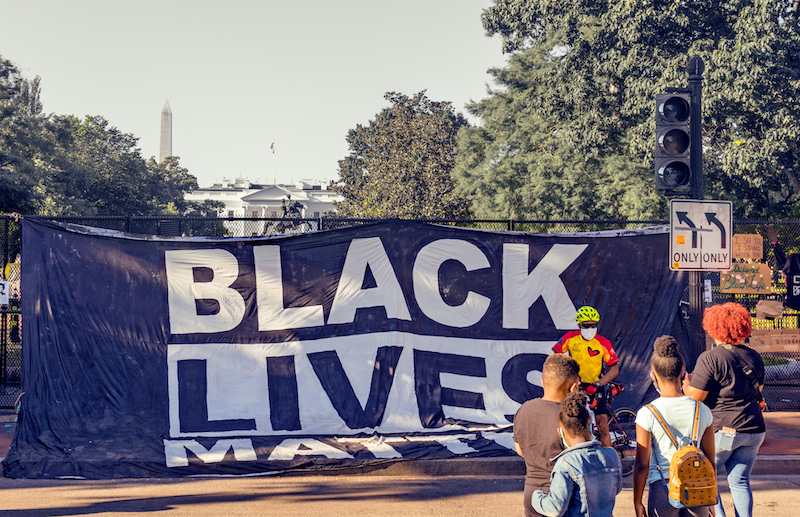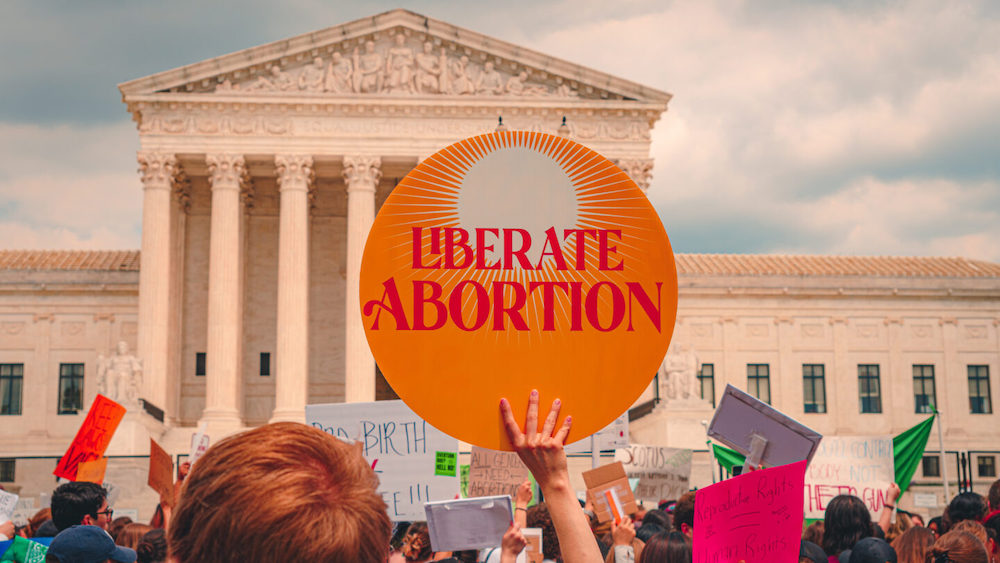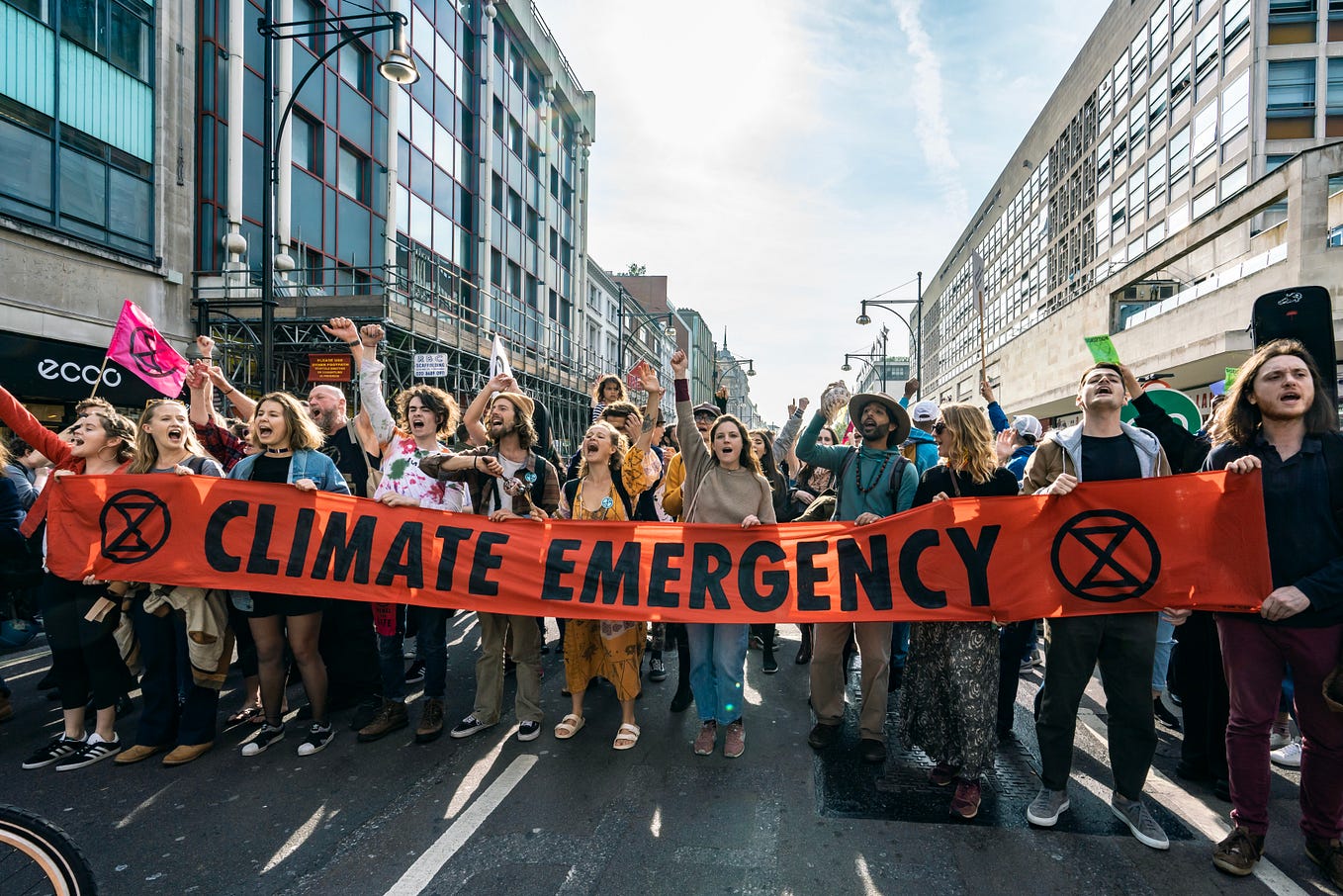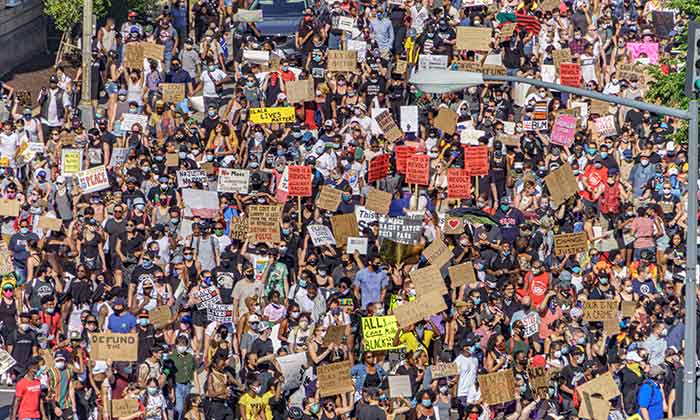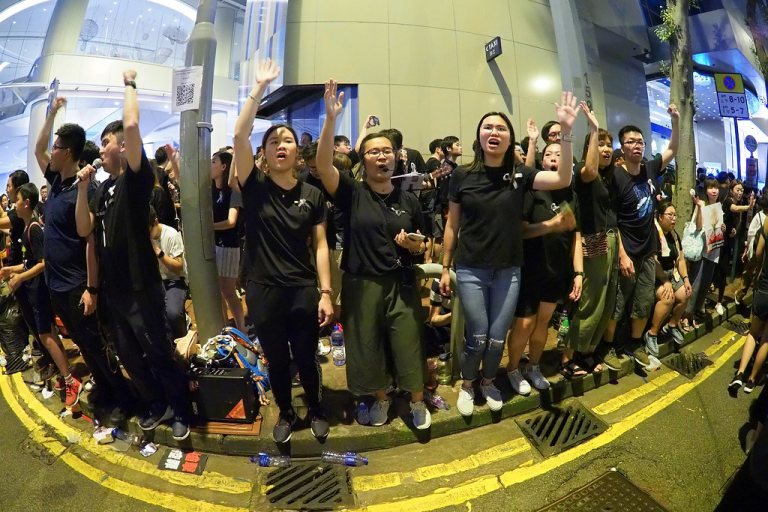
From the civil rights movement to the fight against apartheid, from anti-war protests to environmental activism, students have consistently stood at the forefront of movements for social justice, driving progress and challenging the status quo.
New York, N.Y. Over the past century, students have emerged as the driving force behind numerous social revolutions, catalyzing change, and shaping the course of history. Students have been the catalysts for change, igniting movements that have reshaped societies and advanced the cause of justice around the world.

The Civil Rights Movement
The Civil Rights movement in the U.S. during the 1950s and 1960s stands as one of the most significant social revolutions in modern history. At its core were young students, inspired by leaders like Martin Luther King Jr. and fueled by a desire to end racial segregation and discrimination. The pivotal moment came with the Montgomery Bus Boycott in 1955, sparked by the arrest of Rosa Parks, a black woman who refused to give up her seat to a white passenger. Students, including many from historically black colleges and universities, organized protests, sit-ins, and marches, demanding an end to segregation and the enforcement of civil rights legislation.
The student-led sit-ins at Woolworth’s lunch counter in Greensboro, North Carolina, in 1960, spread like wildfire across the South, galvanizing support for the civil rights movement and putting pressure on businesses to desegregate. The Student Nonviolent Coordinating Committee (SNCC), comprised mainly of young activists, played a key role in organizing these protests and mobilizing students across the country. Their dedication and determination helped to dismantle Jim Crow laws and pave the way for the Civil Rights Act of 1964 and the Voting Rights Act of 1965, which transformed American society and expanded civil rights for all citizens.
Anti-War Protests
During the Vietnam War era, students once again took to the streets to protest against government policies and military intervention. Fueled by opposition to the draft and the horrors of war, young people across the United States mobilized in unprecedented numbers, staging massive demonstrations and acts of civil disobedience. The student-led protest movement reached its peak in 1970 with the Kent State shootings, where four students were killed by National Guard troops during a peaceful protest against the war.

The images of student protesters facing off against armed forces shocked the nation and galvanized public opinion against the war. Students played a crucial role in turning the tide of public opinion, pressuring policymakers to end the conflict and bring American troops home. Their activism helped to shape a generation’s perspective on war and peace, and their legacy continues to influence political discourse and activism to this day.
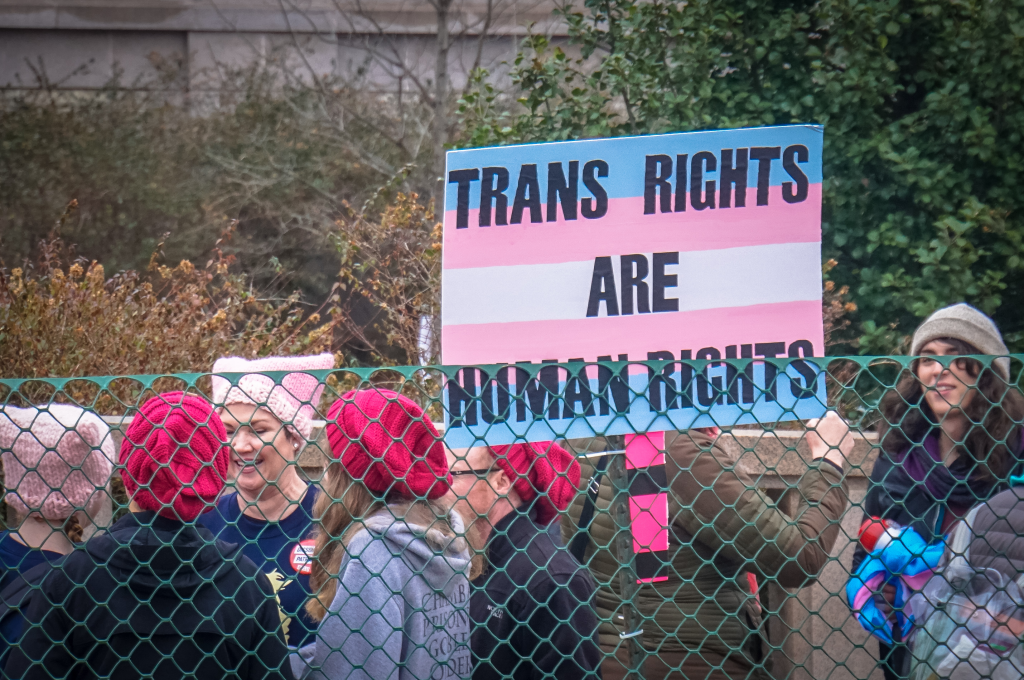
Anti-Apartheid Movement
In South Africa, students were at the forefront of the struggle against apartheid, a system of institutionalized racial segregation and discrimination. The Soweto Uprising of 1976, led by black students protesting against the imposition of Afrikaans as the language of instruction in schools, marked a turning point in the anti-apartheid movement. The brutal crackdown on peaceful protesters by the apartheid regime sparked international outrage and led to widespread condemnation of South Africa’s racist policies.
Students played a central role in organizing boycotts, strikes, and protests, both domestically and internationally, putting pressure on the apartheid government and its supporters to dismantle the system of racial oppression. The global divestment campaign, led by students on college campuses around the world, played a significant role in isolating the South African regime and hastening its downfall. In 1994, South Africa held its first democratic elections, and Nelson Mandela, a former political prisoner and leader of the African National Congress, became the country’s first black president, marking the end of apartheid and the beginning of a new era of freedom and equality.
Environmental Activism
In recent years, students have once again emerged as leaders in the fight for environmental justice and sustainability. The youth-led climate strikes, inspired by Swedish activist Greta Thunberg, have mobilized millions of students around the world, demanding urgent action to address the climate crisis. From organizing school walkouts to participating in international climate summits, students have been at the forefront of the movement, calling attention to the existential threat posed by climate change and demanding bold solutions from world leaders.
The youth-led Sunrise Movement in the United States has been instrumental in pushing for ambitious climate policies like the Green New Deal, which seeks to transition to renewable energy and create millions of jobs in the process. Students have also been at the forefront of campaigns to divest from fossil fuels and hold corporations and governments accountable for their role in exacerbating the climate crisis. Their activism has helped to elevate the issue of climate change to the top of the political agenda and galvanized support for bold action to address this urgent threat to humanity’s future.
Throughout history, students have been the driving force behind some of the most significant social revolutions of our time, challenging injustice, and oppression and demanding a more just and equitable world. From the civil rights movement to the fight against apartheid, from anti-war protests to environmental activism, students have consistently demonstrated courage, resilience, and determination in the face of adversity. Their legacy serves as a reminder of the power of collective action and the enduring importance of youth engagement in the pursuit of social justice and equality. As we look to the future, it is clear that students will continue to play a crucial role in shaping the course of history and advancing the cause of justice for generations to come.
Follow Jim Luce on Facebook, Instagram, LinkedIn, TikTok, and X (Twitter).
